Hospice For End Stage Liver Disease
Hospice for end stage liver disease. Ascites is a very unpleasant experience in which the abdomen swells due to fluid build-up. 68 In 2003 ESLD was the fifth ranking noncancer diagnosis for hospice enrollment representing 16 of patients. Providers should consider hospice for patients with end-stage liver disease if they are.
Liver disease is the 12th leading cause of death in the United States. Call Hospice of the Twin Cities at 763-531-2424 or 1-800-364-2478 to make a referral. Ascites can lead to feeling nausea tired short of breath and general discomfort.
Hepatorenal syndrome elevated creatinine and BUN with oliguria. Providers should consider hospice for patients with end-stage liver disease if they are. Hospice care is specialized type of medical care for people with life-limiting illnesses like end-stage liver disease.
69 Possible reasons for underutilization of hospice include the belief that transplantation and hospice are mutually exclusive and the lack of referral guidelines. A patient will be considered to have a life expectancy of six months or less if heshe meets the non-disease specific decline in clinical status guidelines described in Part I. It focuses on providing relief from the symptoms the pain and stress of liver disease.
According to the National Consensus Project for Quality Palliative Care their services aim to prevent and relieve suffering and to support the best possible quality of life for patients and their families regardless of the stage of disease or need for other therapies. End of life is often considered the final stage of life al-thoughtheprecisetimeoftransitiontoEOLisnotclearPal-liativecarehowevershouldbeinitiatedinallpatientswith a serious or life-threatening illness even if patients are still pursuing curative care such as liver transplantation. When it comes to end-of-life care patients should be physiologically and psychologically hospice-appropriate.
The goal is to improve quality of life for both the patient and their family. The term End-Stage Liver Disease ESLD is used to describe advanced liver disease liver failure and decompensated cirrhosis an advanced stage of cirrhosis. Hospice care is chosen by the patient andor family.
Ascites refractory to treatment or patient non-compliant. ESLD develops after an inflammation of the liver which then leads to fibrosis scarring and loss of regular liver function.
In essence liver disease patients are appropriate for hospice care if despite adequate medical management they suffer from persistent symptoms of hepatic failure such as ascites hepatic encephalopathy or recurrent varicella bleeding and meet many of the following guidelines.
Hospice care is specialized type of medical care for people with life-limiting illnesses like end-stage liver disease. While the only cure is liver transplantation a large number of ESLD patients do not always. ESLD develops after an inflammation of the liver which then leads to fibrosis scarring and loss of regular liver function. An informationadmission meeting is arranged with the hospice patient family andor any other individuals involved in providing care. End-stage liver disease ESLD People with ESLD have cirrhosis in which liver function has deteriorated dramatically. ESLD is used to describe advanced liver disease liver failure and decompensated cirrhosis advanced stage of cirrhosis. 69 Possible reasons for underutilization of hospice include the belief that transplantation and hospice are mutually exclusive and the lack of referral guidelines. Providers should consider hospice for patients with end-stage liver disease if they are. Alternatively the baseline non-disease specific guidelines described in Part II.
Liver disease is the 12th leading cause of death in the United States. Providers should consider hospice for patients with end-stage liver disease if they are. Alternatively the baseline non-disease specific guidelines described in Part II. Patients with liver disease are often overlooked for hospice care. Patients with end-stage liver disease are candidates for hospice. End stage liver disease is present and the patient shows at least one of the following. Hospice care is specialized type of medical care for people with life-limiting illnesses like end-stage liver disease.










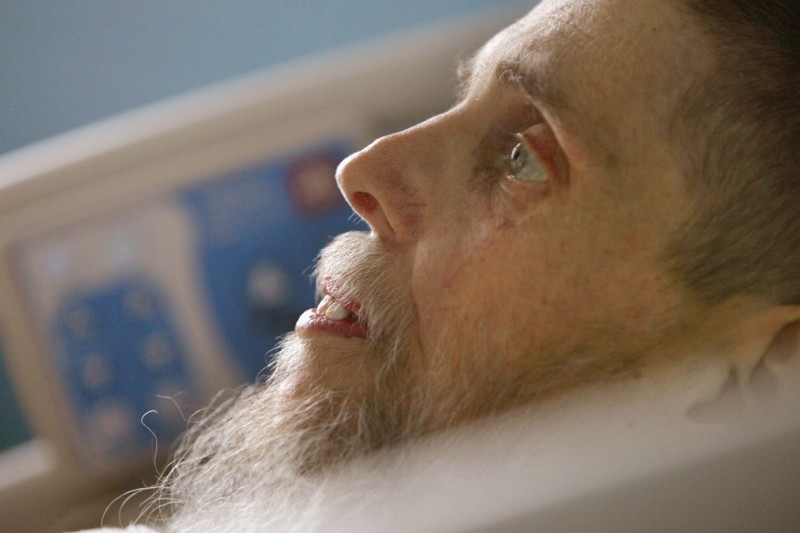
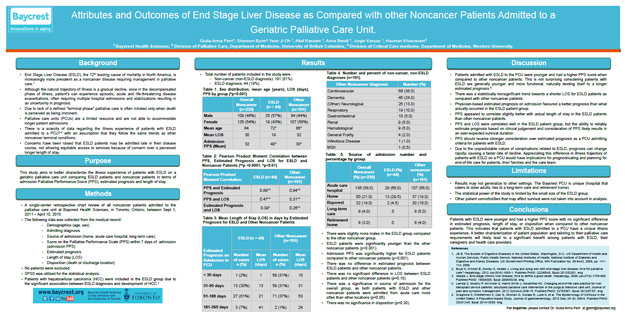




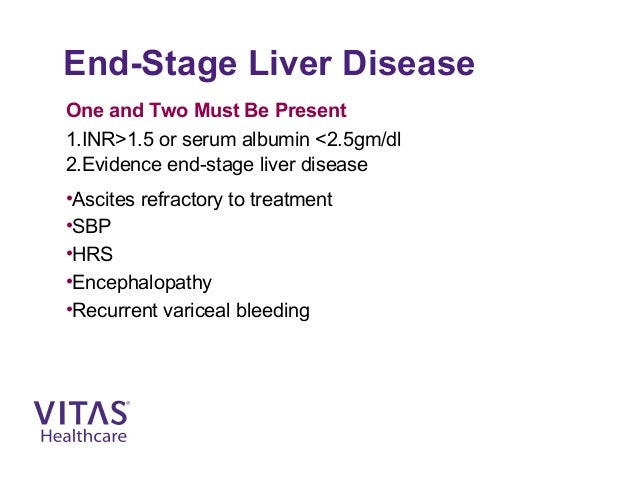















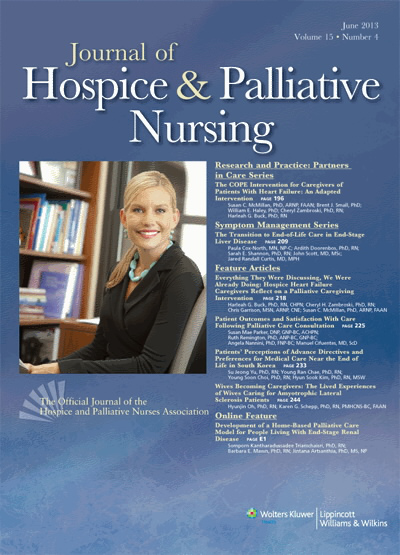






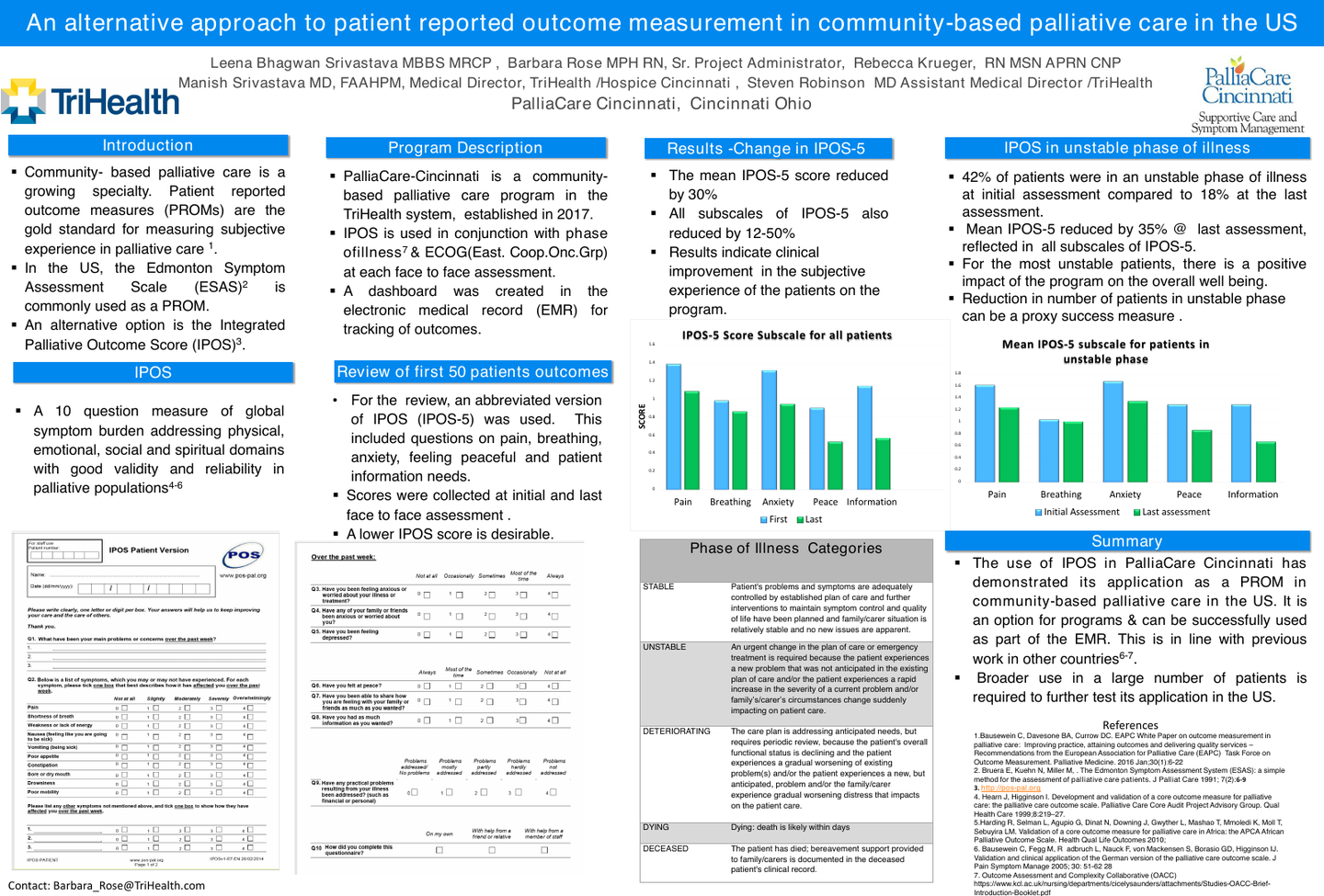


Post a Comment for "Hospice For End Stage Liver Disease"